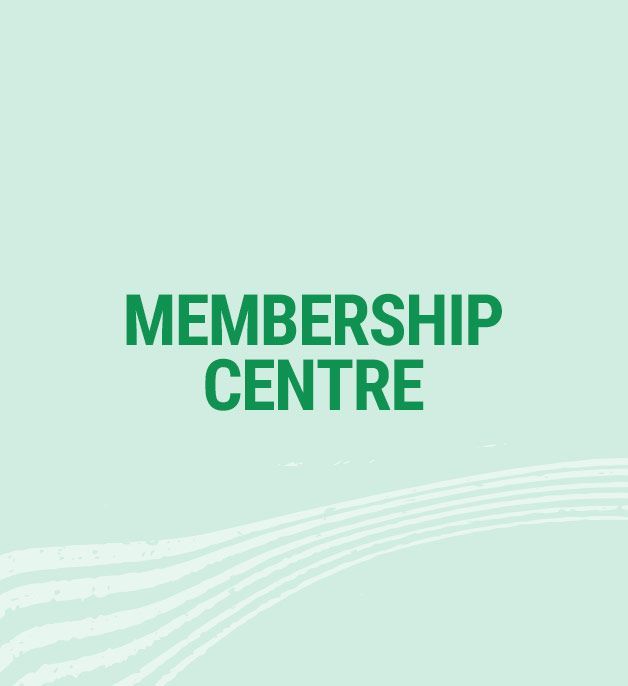The difference between coaching yourself, and getting a coach
To some, working with a running coach can seem like an extravagance reserved for the elites, but the truth is that recreational runners can find the guidance and support provided by a coach even more useful for many different reasons.
Before we get started, I’m going to admit I probably have a biased view on this subject being a running coach myself.
If you are self-coached and it’s working for you, I will be the first to give you a high-five and send you on your merry way, but if you have ever wondered about the benefits a coach can bring to your running enjoyment and performance, please read on!
Less thinking and more enjoyment
One of the biggest benefits of being coached is that there is always someone looking at the bigger picture for you.
Many of us squeeze our runs in around a hectic schedule of family and work commitments. Running is our time to switch off and relax and the last thing we want to do is think. Having a coach becomes a godsend as they can ensure your program is suitable for your goals and individual circumstances. A coach will ensure your training has structure and help you to avoid the ‘Grey Zone’ trap (running at an intensity too hard for recovery and too easy for a session).
A well-structured program will soon result in increased performance and enjoyment as the act of running itself becomes easier for you.
Removing the need to think about your program yourself allows you to stop relying on motivation to train and turn the act of running itself into an ingrained habit. It’s much easier to stay consistent with any behaviour that becomes a habit, and consistency is one of the major factors in running success.
Flexible training load that results in progress
When coaching ourselves we fail to remember that a perfect training load is very individual to each runner. Millage that results in success for some will break others.
General health, training age and family/work commitments are all things that need to be taken into account when looking at your program as they will directly affect how much training load you can tolerate.
Many just don’t have the time or patience to be constantly adapting sessions, and fall into the trap of either the ‘just get it done’ mentality, which soon leads to injury or illness, or will forgo training completely resulting in a stalemate to any progress.
The benefit of an outside and unbiased perspective on your training and racing
Getting your stress and rest ratio correctly established is crucial in any sport to ensure progress. This balanced approach to training can be difficult to get right for many of us, because let’s face it, we can all tend to be just a wee bit extreme in our habits if left to our own devices. A coach will soon see if your ratio is not appropriate for you.
Some runners have worked so hard to push through fatigue and general soreness that they no longer hear or trust their body’s genuine cries for rest. In these circumstances a coach becomes a much needed voice of caution and can help make the necessary adjustments to a program that will avoid injury or burnout.
On the opposite end of the spectrum some of us just need the accountability and motivation of a coach to keep them on track. Here is where your coach becomes your cheerleader, and works to remind you of the goals you are striving towards
Choosing a coach to help achieve your goals and work with you as you progress
A coach can make your training a much more enjoyable and productive experience no matter the level of your goals or ambitions for running.
However, if you are considering using a coach be aware that coaches themselves have different specialties and approaches. Take your time and research well before you make your choice. Each runner is an individual and your coach needs to be a good match for your style, needs and goals. A good relationship between coach and the runner at any level is crucial for success.
No matter the level at which you run, a coach can help you establish your goals, work out a program to achieve them. They can be a touchstone to reviewing and changing those goals and programs as you progress.











